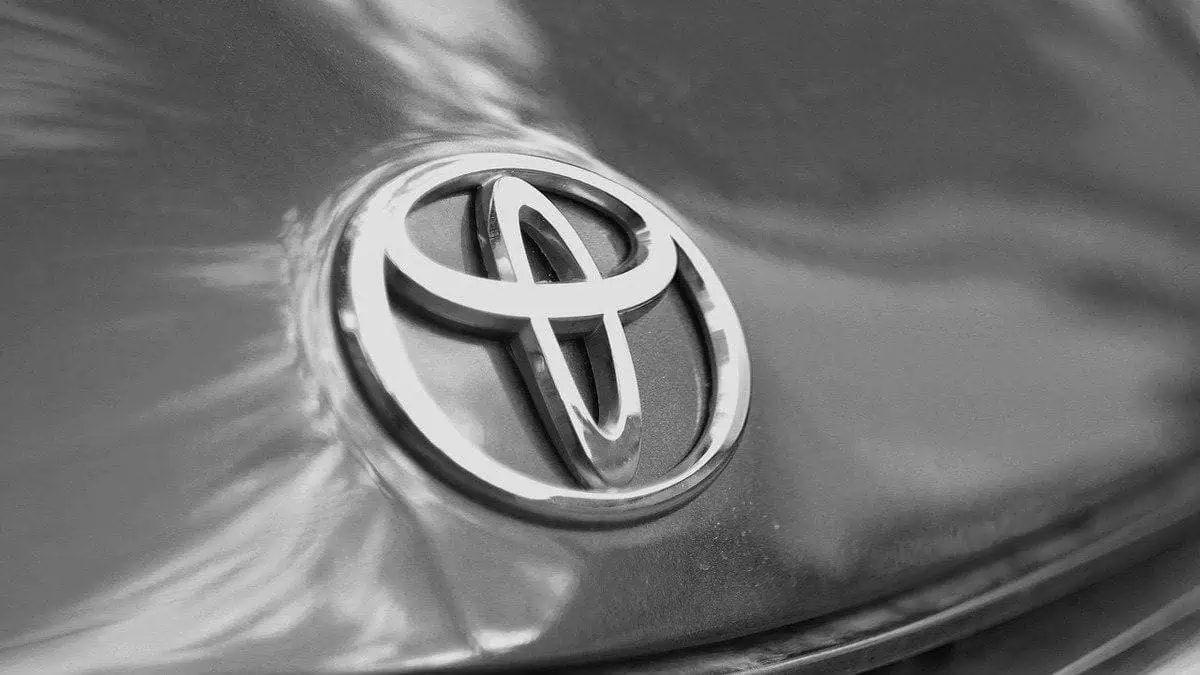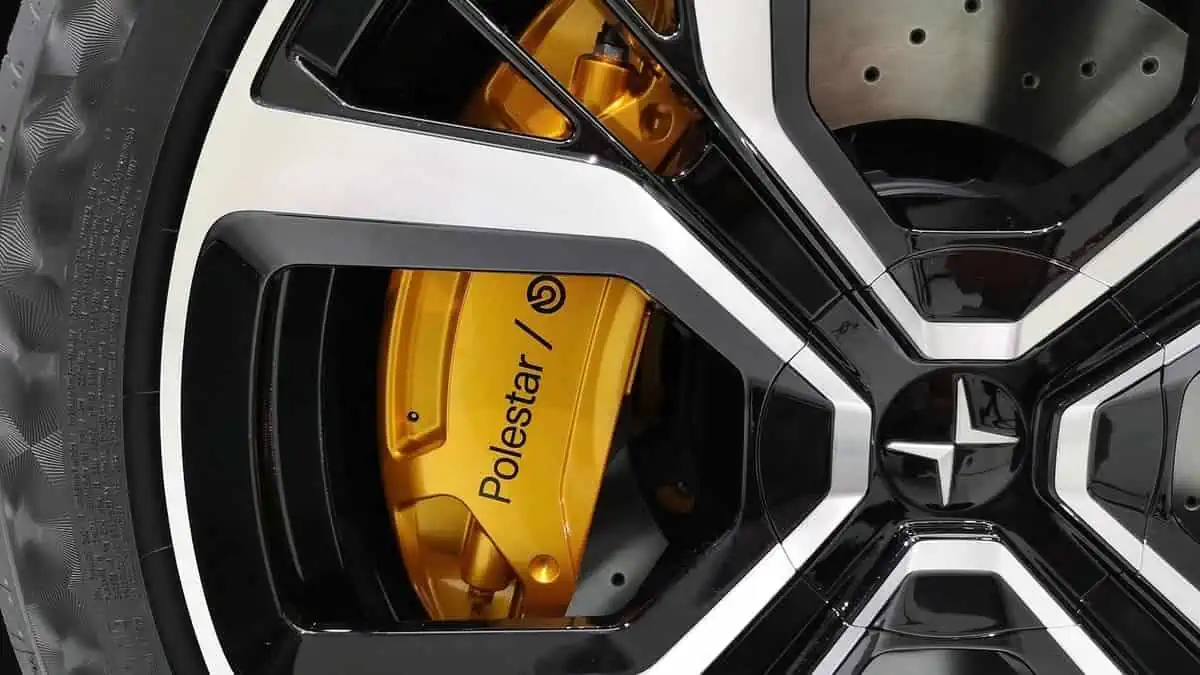Toyota, the top-selling automaker in Australia, has reportedly stirred up some uproar regarding the nation’s regulations governing vehicle pollution.
Recently, Toyota executive Sean Hanley made a statement that it is “too early” for electric vehicles to overthrow all internal combustion engine (ICE) vehicles on Australian roads. The sales boss also pointed out that a 100% switch to EVs may leave thousands of drivers without other suitable options.
For context, Toyota is the dominant automaker in the Australian auto market, selling over 230,000 units in 2022. That figure indicates a more than twofold edge against its closest competitor.
EV reliance was “simplistic, Hanley claims
These controversial comments came almost two weeks after the federal government’s introduction of its first-ever nationwide EV strategy and its public consultation about fuel efficiency standards.
Hanley recognized Toyota’s ardent support for the government’s fuel-efficiency regulation intended to limit vehicle emissions and encourage the importation of low-emission vehicles. However, he argued that relying entirely on EVs was “simplistic.”
“It is too early. What battery electric vehicle do we have right now on sale in Australia that can tow 2.5 tonnes for 600km? We don’t. It doesn’t exist.
If we just move to only zero-emission vehicles, what are you going to tell the hundreds of thousands, if not millions of Australians who tow caravans, who use their cars for work, who need their cars on the land, who need their cars in the mine, who need more than a 200 or 300km range?”
Toyota sales manager Sean Hanley
Environment and pro-EV organizations countered that Hanley’s remarks were unrepresentative of the state of car technology because they were based on the automaker’s EV launch delays.
Interestingly, Hanley also asserted that the automaker was “not against battery electric vehicle technology.” In fact, it has plans to debut its own electric model in the country before 2023 ends.
Toyota to lobby for a new standard
Still, Hanley upheld that hybrid vehicles were ideal and that the brand intends to work toward a standard that would reduce emissions without limiting the variety of vehicles available.
“We’ve spoken to the government and I think we have represented the silent voices of hundreds of thousands of Australians consumers who use their cars for leisure, towing, and lots of other activities.
I know some lobby groups have alleged we’ve tried to stop, prevent, stall electrification but that’s not true. We’ve simply represented the market truth and the market reality.”
Toyota sales manager Sean Hanley
In response, Electric Vehicle Council CEO Behyad Jafari stated that EV tech was already proven effective in numerous nations. He further claimed that EV adoption is progressing in the country, recording high sales and sell-outs even with limited supply.
“When we hear those arguments, what we need to pay close attention to is the economic interest of the car company.
Some businesses haven’t spent time developing electric vehicles, and they don’t have a firm enough grasp on the issues.”
Electric Vehicle Council CEO Behyad Jafari
See Also:
- Queensland advanced as the best state to buy an EV in Australia
- Australia to impose vehicle pollution standards to accelerate its EV adoption
- Australia’s EV market is growing with more affordable models
- Australia needs to train 100,000 mechanics on EV repairs and maintenance
- Tesla: South Australia (home Solar Power) is “the future”
Likewise, Greenpeace campaigner Lindsay Soutar argued that Australian customers would not opt for petrol cars amidst the climate crisis and inflation.
“Toyota has stalled on pure electric cars, opting to promote hybrid and fuel-cell technologies that will lock customers into paying for fossil fuels for decades to come.
Pushing for petrol cars in 2023, in the middle of a climate and cost-of-living crisis, is laughable and Australians won’t be convinced.”
Greenpeace campaigner Lindsay Soutar






